Let us seize your business opportunities for you!
We are a team of designers, inventors, planners, and doers ready to take your business' visibility to new heights, whether on social media or through creative design campaigns.
Carpe Diem
kaa-pay dee-em
'Seize the day' in Latin

Sound familiar?

I want to give my brand a fresh, vibrant makeover.

I’m ready to revamp my social media presence.

My business is struggling to attract new leads.
I want to host an event & shake things up.
Some of the amazing brands we've worked with 🙂




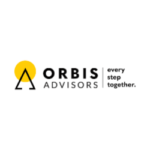
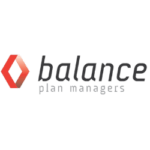








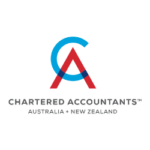



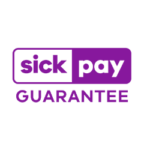


Client Love ♡
It was an absolute pleasure working with CD Events and Marketing for all of Expert Education's events and marketing needs. A big shoutout for always being responsive, giving timely updates and being readily available for all our needs. We highly recommend CD Events for their professionalism and friendly staff.
Barkat Gill
Marketing, Expert Education & Visa Services
It was a pleasant experience working with Christeena and Apsy at CD. They did a wonderful job with our website designing.
Nilesh
Director, Knowbal Migration
Super happy I found Carpe Diem, great ideas and super easy to work with, more like an extension of my team.
Matt Appleby
Sales Manager, Liberty Healthcare
From the Blog








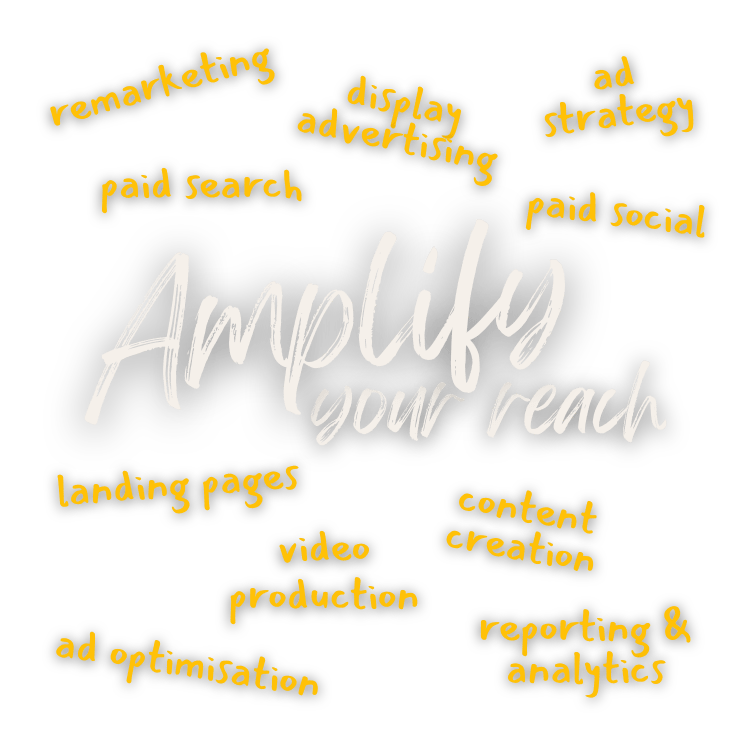
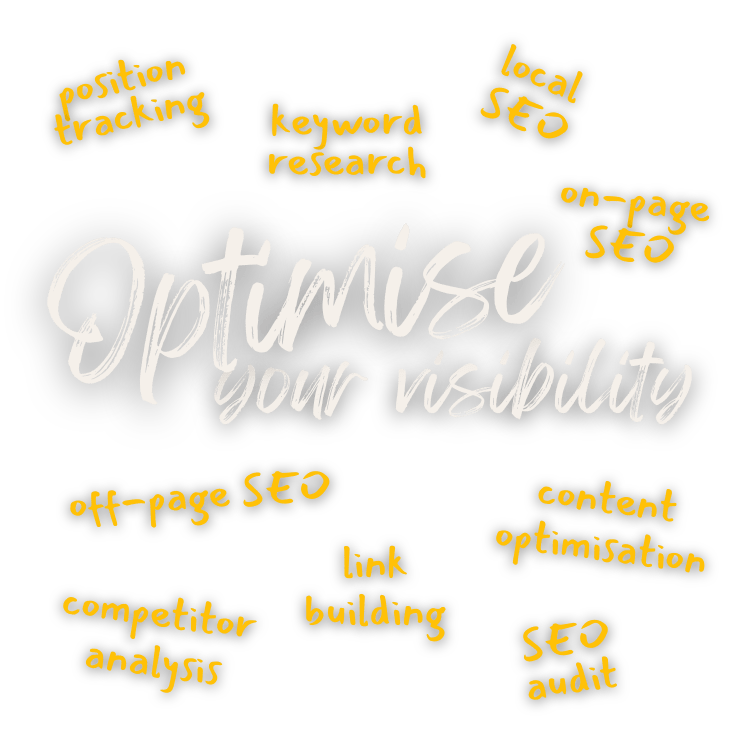




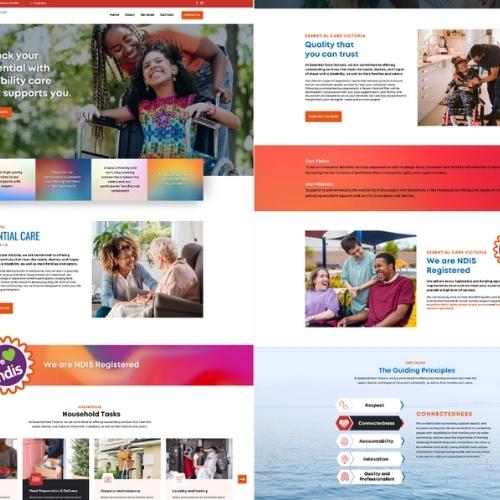


Social media